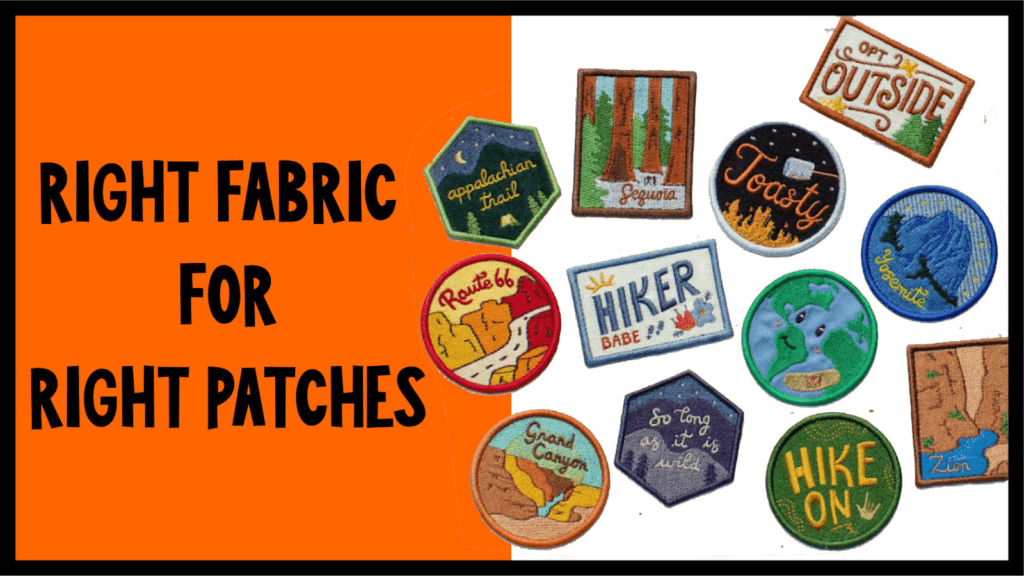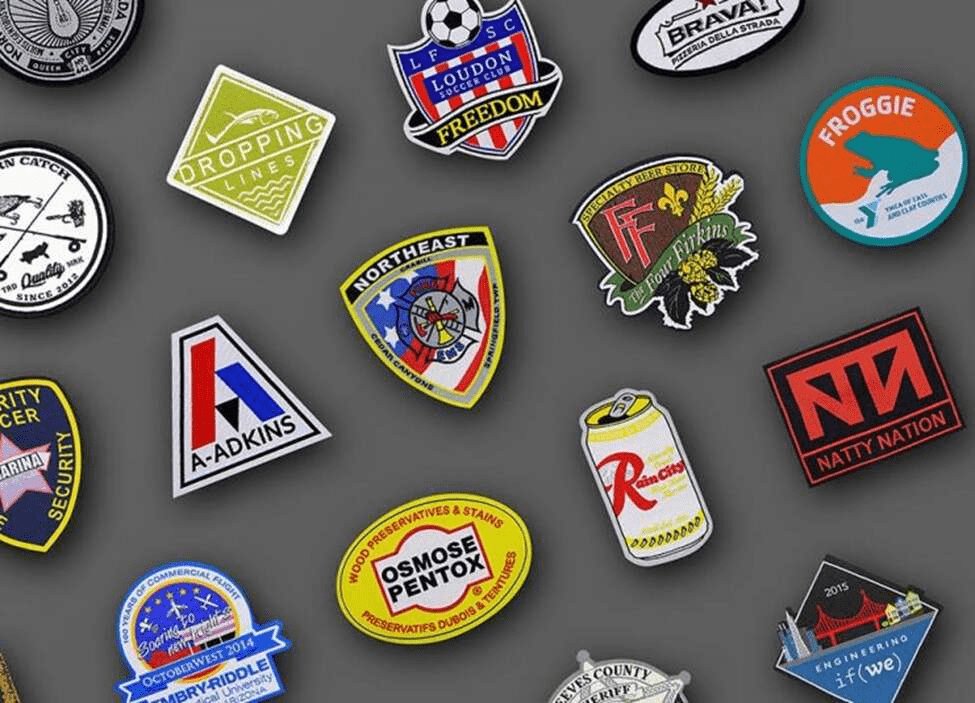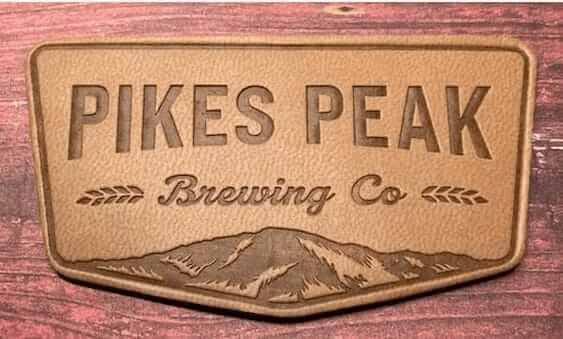703 666 8193
Phone number
orders@patchvilla.com
Email address
Phone number
Email address
The personalized patches can make your clothes or accessories or marketing collateral some special and even distinctive. However, the base material you use to make your patches is what, in the end, defines them-tho they might be of good quality, or perhaps a little less. We shall look into what a patch-making service should look for in terms of seeking quality materials, their customization options, attention to detail, and customer support.

When it comes to custom patches, fabric is everything. Quality materials ensure that your patches look great and last longer. While making a tailor-made patch, one usually focuses on the colors, the logo, and other minute details, but without the basic fabric forming the core of any patch, one cannot make an excellent patch. Such fabric helps the patch be comfortable, aesthetically pleasing, and strong enough to sustain the daily grind. Different fabrics may vary in their characteristics, which may differ as to how they fit or where they are used. Let’s start by looking at the most frequent types of fabrics used for custom patches and how to make a proper choice according to your needs.
One of the most common fabrics in the making of custom patches is twill. In addition to being a strong, woven patch fabric, twill is distinctive due to its diagonal weave, which creates patches that have a smooth finish and rather professional appearance. The durability of patches also allows them to wear fine details. This fabric makes patches great candidates for logos, text, or intricate designs. This fabric ensures that patches stay together even in cases where patches are exposed to repeated washes or outdoor exposure.
Felt is another versatile fabric choice for patches, which has a soft feel that looks great on casual wear and accessories. Felt has a kind of oldish classic look to them; hence, they are popularly used for school badges, vintage designs, and other creative works. Though it is not as durable as twill, the look that it brings may be worth the compromise.
Polyester, an artificial fabric, is very strong and flexible. Polyester patches are fade resistant, moisture wicking, and lightweight, so they are great for outdoor gear and athletic apparel. Polyester custom patches will take the toughest tests and remain bright with strong vibrant colors.
Canvas is a very strong fabric that has gained popularity when used in making custom patches intended to work under extreme conditions. The thick weft of the canvas patch makes the fabric ideal for heavy usage, such as work uniforms, outdoor clothing, or military equipment. The unsparing, strong texture of the canvas patches makes them unique.
Chenille fabric is fabulous to add much texture and depth into patches. Made of fuzzy, plush fibers, this fabric provides 3D effects and an outstanding appearance. This is a major reason why it is majorly used for varsity letters, sports teams, and cheerleading patches as well.
The correct choice of fabric for your patch depends on the clothes or accessories to which you are going to attach it. For instance, there are certain types of clothing and accessories that work well with a particular type of fabric. Here is a clear breakdown of how each fabric works together with the various materials:
Cotton: Twill, polyester, and felt work well on the basis of cotton clothing. These fabrics adhere perfectly and maintain their quality even after several times washing.
Denim: Twill or canvas patches work best for denim, especially for jackets or jeans. It is tough and textured and can give a heavy look .
Leather: Polyester or chenille patches will work well for leather jackets or bags due to the fact that it adds a little texture vibrancy without being heavy.
Synthetic fabrics (nylon, polyester): The lightweight polyester patches are perfect when placed on synthetic fabric as they are the most apt on athletic gear and uniforms.
Wool or wool blends: Chenille loops are fantastic on wool fleece because they establish a soft, woven appearance.

A patch is more than just a name-it is a means of self-expression. A great patch-making service will have various ways of customization to guarantee that you get exactly what you want.
Sizes: Whether you want a conventional circle or a more detailed shape, the right service will fit your wishes.
Colors: Vibrant colors will make your patches pop. Make sure that the service can give you a good variety of colors that will not fade soon.
Embroidery Options: Choose services that have different embroidery techniques, including traditional embroidery to more modern printing techniques.

The more customization options there are, the higher probability you’ll end up creating something unique in itself.
Text Options: Add a name, a slogan, or just any text that speaks to you.
Logos and Images: If you’re a brand or a team, ensure that the service can reproduce your logo or specific imagery with authenticity.
Quality craftsmanship in custom patches cannot be compromised. Attention to detail can make all the difference between your patch and how it works or doesn’t work.
A good patch-making service should have an assurance of quality process. This means every patch you get is screened perfectly before leaving the production house. Consider the following as criteria:
Stitching: It should be neat and uniform.
Color: The colors should meet your ideas.
Material: They should be tough without any defects.
Patch Villa is among the top sources when it comes to creating custom patches. Here is why our premium services and products can take your patch game to the next level.

We can tell you that quality matters at Patch Villa. Custom patches are created from the finest materials for durability. However, at the same time, they’re designed to make your apparel, bags, or hats stand out in style and last longer. You can make your garments, bags, or hats POP using our excellent fabrics that endure beautifully even against wear and tear and still be bright.
Your unique style should be reflected through your patches. We offer an extensive choice of options from sizes and shapes to colors and designs. Do you want to display your favorite band or a personal logo? We’ve got you covered. With Patch Villa, the possibilities are endless
The detail is in the quality, of which our skilled craftsmen pay attention when sewing every stitch to bring your design precisely to life, as you had imagined. You can trust that your patches not only look terrific but will also be built to last.
At Patch Villa, all our priority is the customer. We have a friendly and knowledgeable team that will accompany you all through the process-from design consultation to final delivery, ensuring an exciting and smooth finish that leaves you more than satisfied with your order. Are you Ready to Get Started?